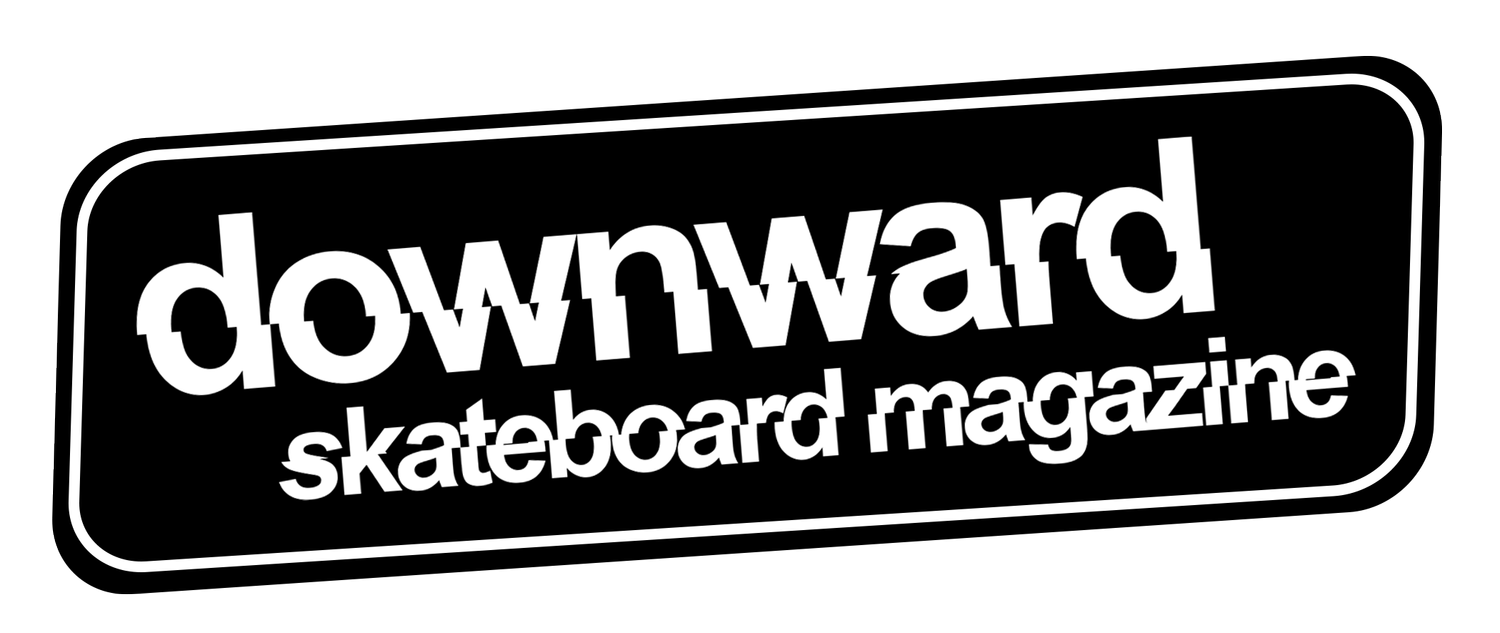Ben McQueen
Having started the book during the height of the pandemic when tattooers weren’t able to work in their shops, you’ve been able to get back to traveling around and doing events since the book’s release. How has your workflow changed now that you’re filming this docu-series while actively tattooing again?
One big takeaway from the COVID shutdown was the workload I had been taking on. As soon as I slowed down it felt like I had been severely overworking myself as a tattooer for the last ten plus years or so. When you’re learning to tattoo it can be tough to find time to do anything outside of the tattoo shop. In the beginning, much like skating, you’re just so obsessed with spending as much time invested in it as you can because you’re constantly seeing little improvements—it’s new and exciting. Since being fully back to work, I’ve gone down to four day weeks, which has been the best move. I have three consecutive days off now, I can do a day of working out, cleaning the house, skating whatever it is, then a day to draw and prepare for the next week as well as a day to just lay around and do nothing if I want. I get why some of these more progressive countries have moved in that four day work week direction, I’ve been so much more productive. Ultimately I don’t think my workflow has lessened, but it has changed in that more immediate way.
You’ve spoken about how asking skaters about their tattoos opened up a new alley, apart from the video parts and sponsors that they’ve been interviewed to death about. What other sort of topics are going to be discussed in the Let It Kill You series?
I’d love to unpack it all—really talk more about the more formative years when we, as skaters, were discovering this thing that would change the trajectory of our lives. I’m very interested in this specific overlap between art and skateboarding and hope to really dive into that specifically through the series. I try to approach interviews knowing the specific topics that I want to cover, but I try to let it go where it goes from there—I think you get a more authentic conversation that way.
What do you hope to capture by putting your interviews out on video, rather than in print this time?
There were so many moments while making the book in between the actual interviews where I would have killed to be rolling with a camera. It’s all just so visual, showing one another tattoos, skating, the whole run and gun aspect of traveling to do these. In hindsight, skating and art in its entirety, no matter the medium, are just so visual. I’d love to keep putting out photo books, but pushing it in this direction should allow for the viewer to feel a little more involved. I love books and they will always have a special place in my life, but I understand the need for supplemental visual content nowadays.
I’ve heard you compare tattoo shops to skate shops based on how immersive and addicting they can be to keep going back to - especially the older ones. Any good stories or memories to share about any core skate or tat shops in particular?
So many, but ultimately just the feeling that a powerful skate shop or tattoo shop radiates is indescribable to someone who doesn’t share that passion. I can remember the first time I went into Cowtown when I was visiting Arizona and just feeling so intimidated, but then feeling so pumped after I left. I’ve experienced that with tattoo shops a lot as well. There’s a tattoo shop called Frith Street in London that has notoriously housed and produced some of the best of the best—-it’s also in a basement so you can’t really see into the shop at all. When you walk through the doors you can just feel everyone turning to look at you. While visiting London, I told myself I was going to go check the shop out and when I got to the top of the stairs and looked down, I just kept walking. I think I walked by the shop three times before I pumped myself up enough to go in. Fast forward ten years or so and now it’s the shop that I work at when I visit London.
Sounds like you’ve gotten some pretty favorable responses from people who were inspired to buy a new setup or book with their local tattoo artist after reading your book. What kind of reactions are you hoping to get out of the new episodes as they roll out?
It was a trip, for sure. It was one thing to sell the books at all, but to find out that people are reading them and taking something away from them like that—I was blown away. I loved reading all the messages from the people that were inspired to get back into skating or to get tattooed. That means the world to me. I’d love to just maintain that type of momentum. To inspire people to improve their lives in whatever way they feel compelled to—or even just entertainment. I just hope people watch them!
Just for fun, what’s the best restaurant in SF’s Chinatown you’ve been to recently?
I’ve been really into this spot called China Live. It’s from this chef, George Chen and it’s this massive farm to table style Chinese restaurant and it’s perfect for big groups or just to sit at the bar and have some bites and drinks. Good Mong Kok Bakery has the best dim sum in Chinatown, in my opinion. It’s more of a wait in line and blurt your order out at whoever is ready for you behind the counter, it’s great.
Photos: Andy Eclov
Originally published in Issue 1 - August 2023






